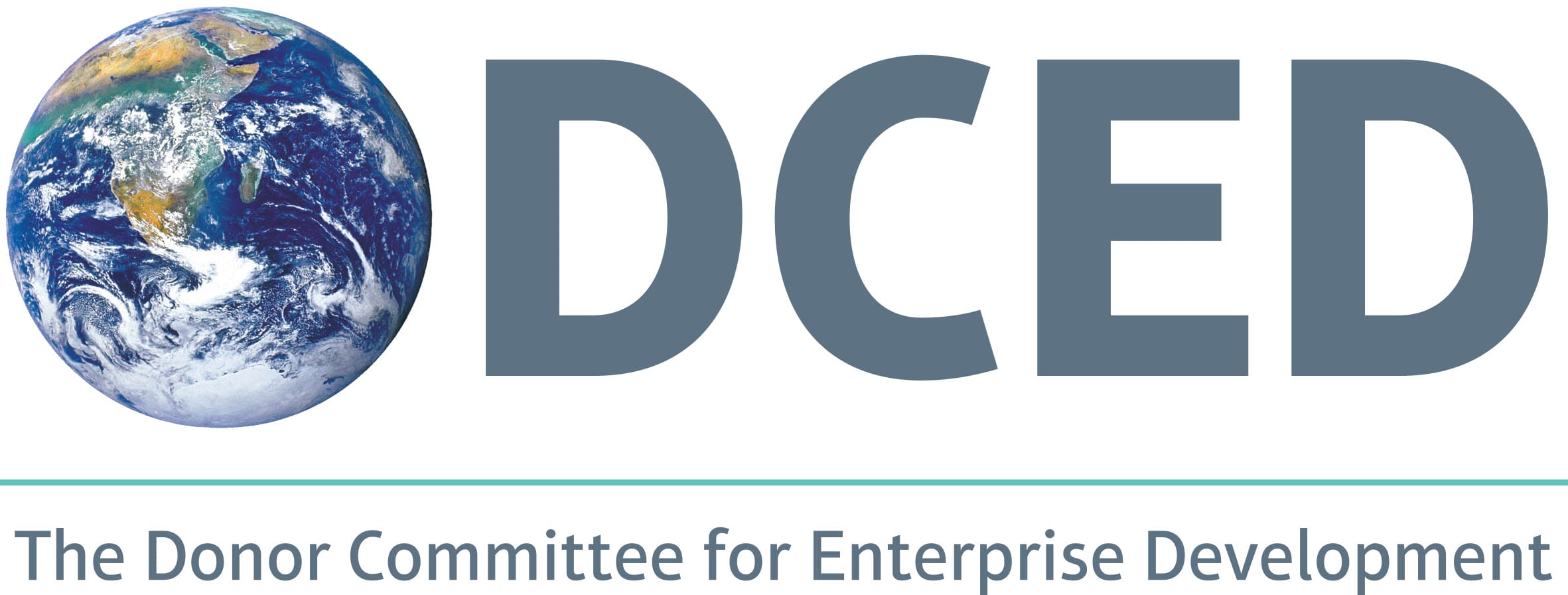Industrial Policy is defined as the strategic effort by the state to encourage economic transformation, i.e. the shift from lower to higher productivity activities, between or within sectors. Specifically, industrial policy refers to “any type of selective government intervention or policy that attempts to alter the structure of production in favour of sectors [or activities] that are expected to offer better prospects for economic growth in a way that would not occur in the absence of such intervention in the market equilibrium” (Pack and Saggi, 2006). See also:
This page brings together Industrial Policy debates, guidance, and country experience. Key take-aways include:
- There is an ongoing debate over which sectors, if any, Industrial Policy should target. Not all industries are equally useful for development; some can be good for mass employment, but allow little technological learning.
- Industrial Policy is a relatively demanding approach. To be effective, its design and implementation needs to take into account both a government’s capabilities and political will.
 DCED publication
DCED publication  Introductory video
Introductory video
A Synthesis Note summarising key issues and debates in Industrial Policy.
Take a read
En français – En español
A two-minute video introducing the potential of Industrial Policy in Africa.
A summary of recent industrialisation trends in developing economies.
A Policy Brief on promoting economic transformation through business environment reform (BER) and market systems development (MSD).
- Promoting Economic Transformation through Business Environment Reform, 2019
- Promoting Economic Transformation through Market Systems Development, 2019
- Supporting Sector-Focused Business Environment Reform in Developing Countries, 2015
- Strategic Industrial Policy and Business Environment Reform: Are they Compatible?, 2013
- How BER can be complemented with industrial policy support, 2013
- Industrial policy – Economics for the people, Chang, 2019 (video)
- The Entrepreneurial State: Debunking Public vs. Private Sector Myths, Mazzucato, 2018
- Strategic industrial policy and business environment reform: are they compatible?, DCED Working Paper, 2013
- Should industrial policy in developing countries conform to comparative advantage or defy it? A debate between Justin Lin and Ha-Joon Chang, 2009
- UNIDO Industrial Development Reports
- Industrialisation as the driver of sustained prosperity, UNIDO, 2020
- Course and teaching materials on green industrial policy, PAGE, 2020
- Free advanced online training course on Industrial Policy, UNU-WIDER/ SDG Academy
- Green IP and Trade toolbox, PAGE, 2017
- Enhancing the Quality of Industrial Policies (EQuIP), BMZ/GIZ/UNIDO, 2017
- Directing structural change: from tools to policy, German Development Institute, 2016
- Green jobs and a just transition: Country perspectives, Green Policy Platform, 2020 (webinar)
- The rise of the robot reserve army: automation and the future of economic development, work, and wages in developing countries, Center for Global Development, 2018
- Digitalisation and the Future of Manufacturing in Africa, SET/ODI, 2018
- DFID Innovation and Growth, Tilburg University, 2017
- The Changing Structure of Africa’s Economies, World Bank, 2017
- Industrial Competitiveness and Jobs. An Evaluation of World Bank Group Industry-Specific Support to Promote Industrial Competitiveness and Its Implications for Jobs, IEG, 2016

Africa
- Ethiopia:
- Industrial Policy and Late Industrialisation in Ethiopia, AfDB, 2018
- A natural experiment in industrial policy. Floriculture and the metal and engineering industries in Ethiopia, UNU-WIDER, 2014
- The Economic Implications of a Comprehensive Approach to Learning on Industrialisation (Policy and Managerial Capability Learning): The Case of Ethiopia, Go Shimada, 2013
- Industrial Policy in Ethiopia. Discussion Paper, DIE, 2010
- Experimentation and Co-ordination as Industrial Policy: Examples from Ethiopia and Chile, UNU-WIDER, 2010
- Kenya: Scoping paper on Kenyan manufacturing, UNU-WIDER, 2014
- Mozambique: Economic transformation and job creation in Mozambique, ODI, 2017
- Nigeria: Industrial Development and Growth in Nigeria. Lessons and Challenges, UNU-WIDER, 2014
- Rwanda:
- Senegal: Scoping paper of industry in Senegal, UNU-WIDER, 2014
- Tanzania: The performance of the manufacturing sector in Tanzania, UNU-WIDER, 2014
- Tunisia: The perils of industrial policy. Evidence from Tunisia, Rijkers et al., 2014
- Uganda: Industrial Policy for Economic Transformation in Uganda, CDA/KAS, 2020.
Asia
- Bangladesh: Enhancing productivity in Bangladesh’s garment sector. Current policy and research debates, DFID, 2014
- China:
- Biting the bullet: China sets its sights on dominating sunrise industries, The Economist, 2017
- Global experiences with Special Economic Zones: Focus on China and Africa, World Bank, 2015
- India: The Implementation of Industrial Parks: Some lessons learnt in India, World Bank, 2014
- Myanmar: Foreign Direct Investment and Economic Transformation in Myanmar, DFID/ODI, 2017
- Nepal: Structural transformation in Nepal. A diagnostic study submitted to DFID Nepal, ODI, 2014
- South Korea: Lessons for South Asia from the Industrial Cluster Development Experience in South Korea, ADB, 2015
- Vietnam:
Photo credits: Pexels/Pixabay
